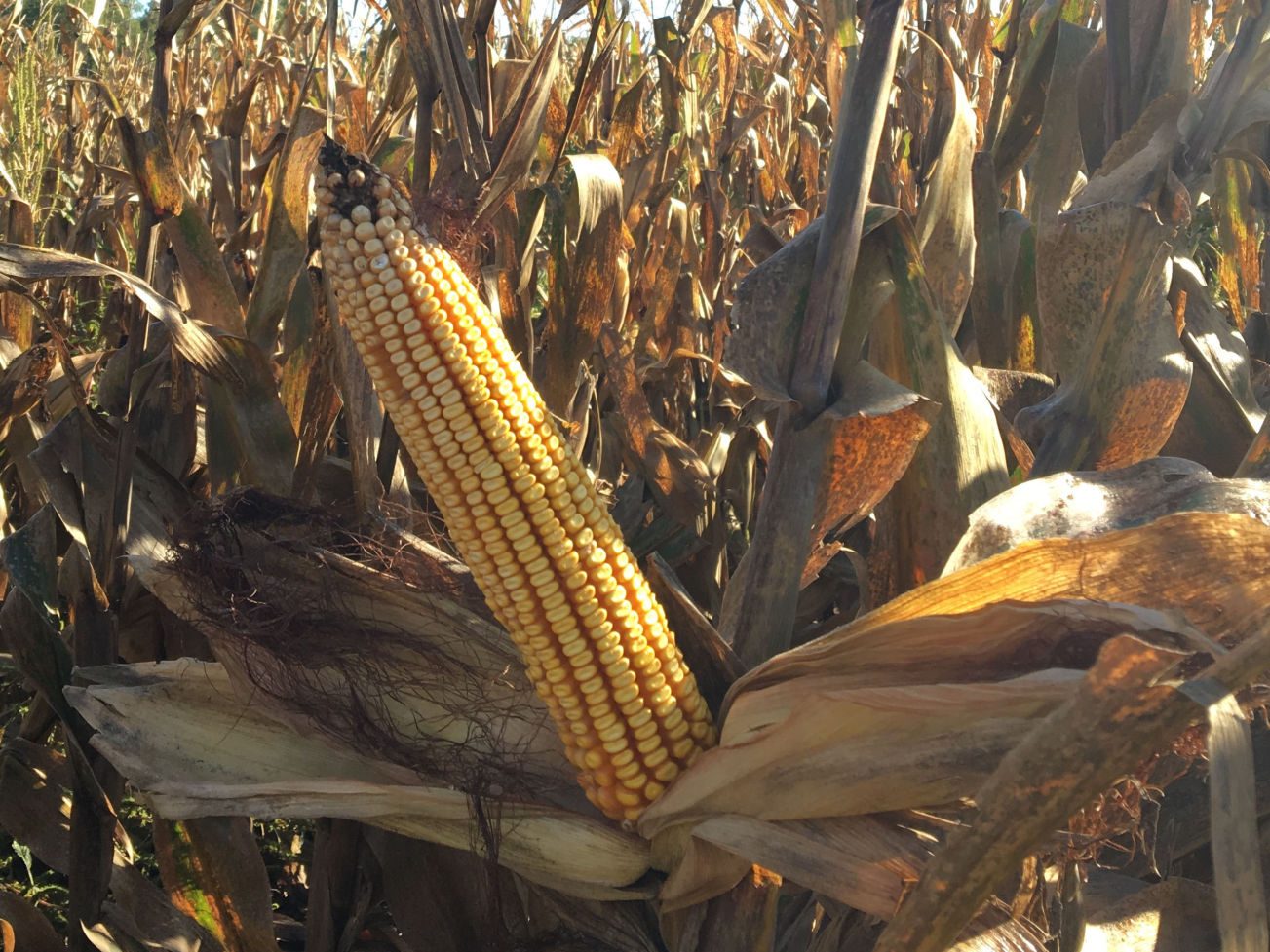Triggering the next step provided for in the United States-Mexico-Canada Agreement, U.S. Trade Representative Katherine Tai announced Aug. 17 the U.S. is establishing a dispute settlement panel regarding certain Mexican measures concerning biotech corn.
The step followed “extensive engagement” with the Mexican government, as laid out in the USMCA, since March 2023, without resolution.
Mexico bought $4.792 billion worth of U.S. corn in 2022 and is the biggest U.S. corn export market besides China, and the third-largest ag export destination. The top six states that export corn to Mexico are Illinois, Louisiana, Iowa, Kansas, Nebraska, and Missouri. About 92% of all U.S. corn is genetically modified in some way. About 70% of Illinois’ 2022 corn exports went to Mexico.
The U.S. is challenging measures set out in Mexico’s Feb. 13 decree, specifically its ban on use of biotech corn in tortillas or dough, and the instruction to Mexican government agencies to gradually substitute—i.e., ban—the use of biotech corn in all products for human consumption and for animal feed. Mexico’s measures “are not based on science and undermine the market access it agreed to provide in the USMCA,” Tai’s office said in a press release.
That decree was foreshadowed by an earlier decree issued by Mexican President Andrés Manuel López Obrador on Dec. 31, 2020, calling for GM corn for human consumption to be phased out by the end of January 2024.
“It is critical that Mexico eliminate its USMCA-inconsistent biotechnology measures so that American farmers can continue to access the Mexican market and use innovative tools to respond to climate and food security challenges. Our bilateral relationship with Mexico, one of our oldest and strongest trading partners, is rooted in trust and honesty, and there are many areas where we will continue to cooperate and work together,” Tai’s office said in a press release.
“Mexico’s approach to biotechnology is not based on science and runs counter to decades’ worth of evidence demonstrating its safety and the rigorous, science-based regulatory review system that ensures it poses no harm to human health and the environment. Innovations in agricultural biotechnology play a key role in advancing solutions to our shared global challenges, including food and nutrition insecurity, the climate crisis and the lingering effects of food price inflation,” said Agriculture Secretary Tom Vilsack.
“By requesting the establishment of a dispute settlement panel with Mexico, the United States is continuing to exercise its rights under the USMCA to ensure that U.S. producers and exporters have full and fair access to the Mexican market. We will continue to support fair, open, science- and rules-based trade, which serves as the foundation of the USMCA as it was agreed to by all parties.”
The U.S. is hammering on the “science” argument because similar language in a dispute with the European Union over its reluctance to import GM corn resulted in a victory in 2006 for the U.S. in a decision by the World Trade Organization.
U.S. farm interests have followed the issue closely and have worked with U.S. officials to resolve it. On July 21, Zippy Duvall, president of the American Farm Bureau Federation, hosted Mexican officials including Tatiana Clouthier, Mexico’s Secretary of the Economy, and Esteban Moctezuma Barragón, Mexico’s Ambassador to the U.S.
In a statement, Duvall said, “We discussed recent decisions by the Mexican government that threaten our strong trade partnership. I expressed the deep disappointment of America’s farmers and ranchers in Mexico’s decision to limit use of technologies—and food produced using such technology—that increase agriculture’s sustainability and ability to meet the growing demand for food. I urged Mexico to return to a science-based approach to corn produced for both human consumption and animal feed.”
David Murray can be reached at [email protected].



